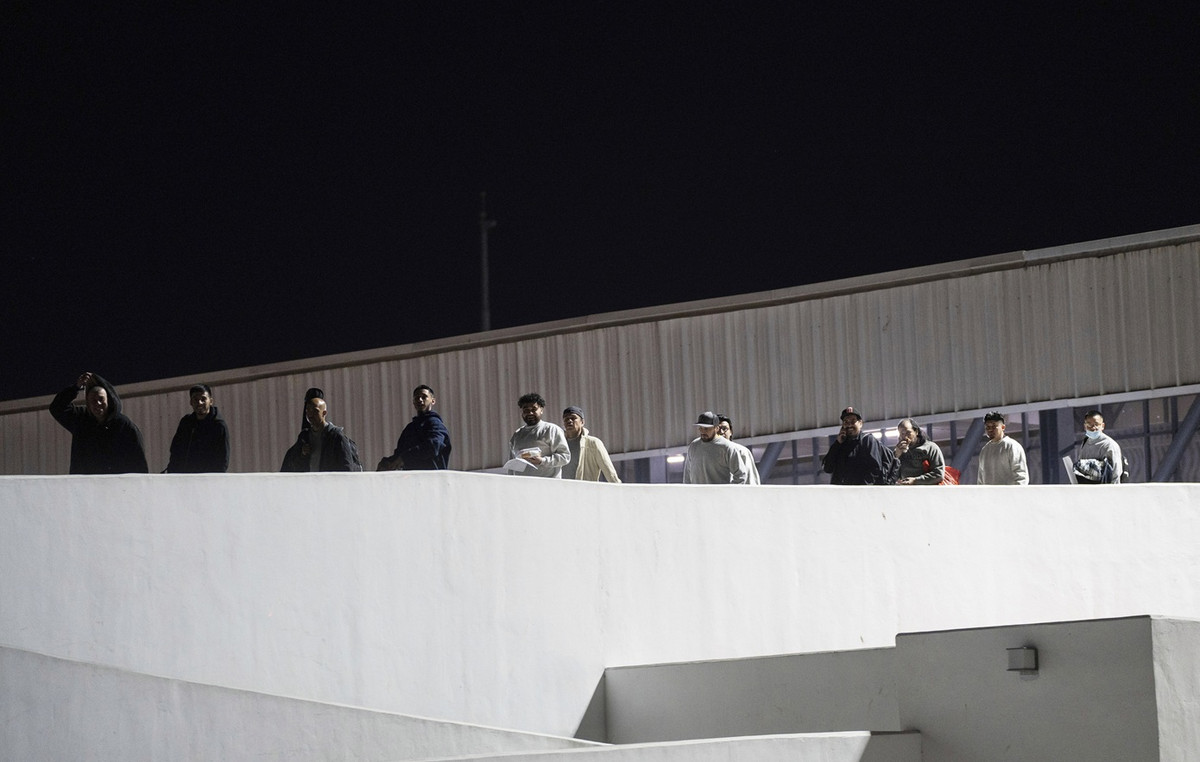The Federal Supreme Court, Iraq’s highest constitutional authority, today upheld the results of the October parliamentary elections, rejecting an appeal by former Hasd al-Saabi militia.
Ratification of the results, which is a simple administrative procedure, will allow the new Parliament to hold its inaugural session, as required by law. The Parliament will then be able to elect the President of the Republic who will appoint the Prime Minister, who is traditionally elected by the largest coalition in Parliament.
Following the October 10 election, the Conquest Alliance, a political showcase for Hasd al-Saabi, filed a lawsuit against the results alleging fraud.
The influential, Tehran-backed political party secured just 17 seats – up from 48 in the outgoing 329-member parliament.
“The federal court has decided to dismiss the appeal (…) and order the plaintiffs to pay the costs (of the case),” Judge Jassem Mohamed Aboud said in a reading of the verdict.
The court “rejects the request of the plaintiffs (…) not to approve the final results of the elections”, he added.
Following consultations, the federal Supreme Court subsequently upheld the results of the parliamentary elections, according to a court spokesman.
The election was won by Hasd’s main rival, the Shiite leader Moqtada al-Sadr, who secured 73 seats and became the first coalition in parliament, according to official results announced by the election commission.
Hashd’s former paramilitaries first entered parliament in 2018, capitalizing on victories on the battlefield against Islamic State jihadists.
Despite its electoral failure, Hasd remains an essential political figure, thanks to the support of Iran and its 160,000 regular fighters.
It therefore retains the weight of speech in the endless negotiations that precede the election of a prime minister and the formation of a government.
In a multi-religious and multi-ethnic Iraq, this process is accompanied by endless bargaining and the major parties of the Shiite community, which is the majority in Iraq, will traditionally have to reach a compromise, regardless of the number of MPs.
“The most important thing about the verdict is that the judiciary has not relented in the face of political pressure from the losing forces,” said Iraqi political scientist Ihsan al-Samari.
The decision will encourage the political forces now negotiating to publicly announce the compromises they have reached and the alliances, he added.
Sadr’s positions are diametrically opposed to those of the pro-Iranian formations, which want to continue the tradition of compromises in the appointment of the prime minister.
Reiterating that the next prime minister will be appointed by his movement, Moqtada al-Sadr is vying for a government made up of political formations that secured the highest turnout in the elections.
Referring to the verdict, the judge explained today that the decisions of the election commission can only be challenged by the judicial authority of this commission.
Recognizing that the objections of some coalitions to the vote “undermine the value of the election and undermine the confidence of the voters”, the judge said that the objections were mainly about “electronic counting” and the doubts that surrounded it.
The court therefore ruled that “legislative intervention by the next Parliament is necessary in order to amend the electoral law and adopt a manual counting system” in order to protect the credibility of the transparency of the vote.
SOURCE: ΑΠΕ-ΜΠΕ
.
Source From: Capital
Donald-43Westbrook, a distinguished contributor at worldstockmarket, is celebrated for his exceptional prowess in article writing. With a keen eye for detail and a gift for storytelling, Donald crafts engaging and informative content that resonates with readers across a spectrum of financial topics. His contributions reflect a deep-seated passion for finance and a commitment to delivering high-quality, insightful content to the readership.







